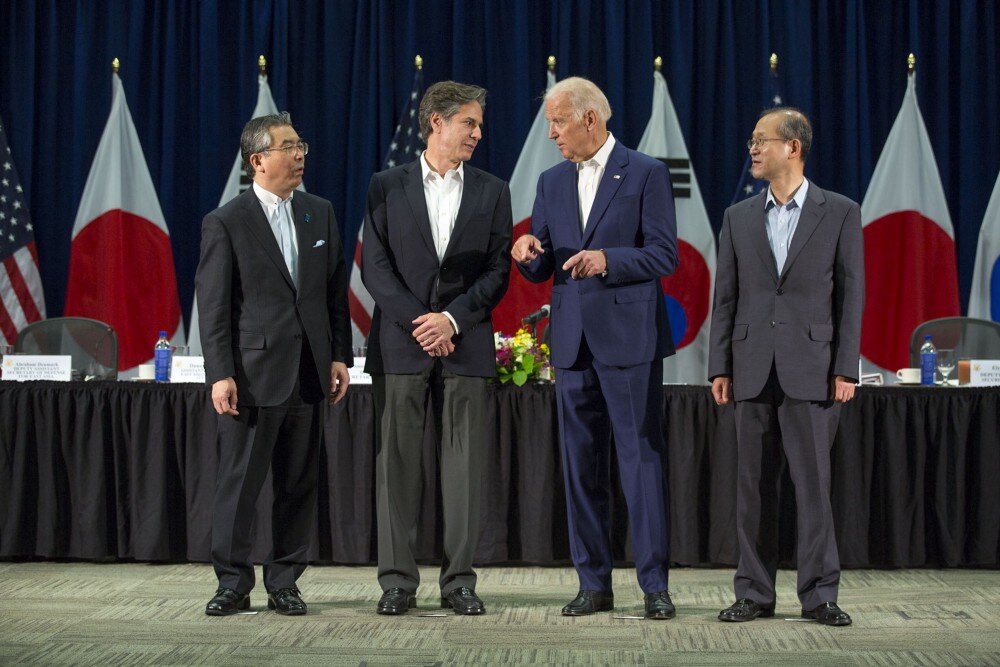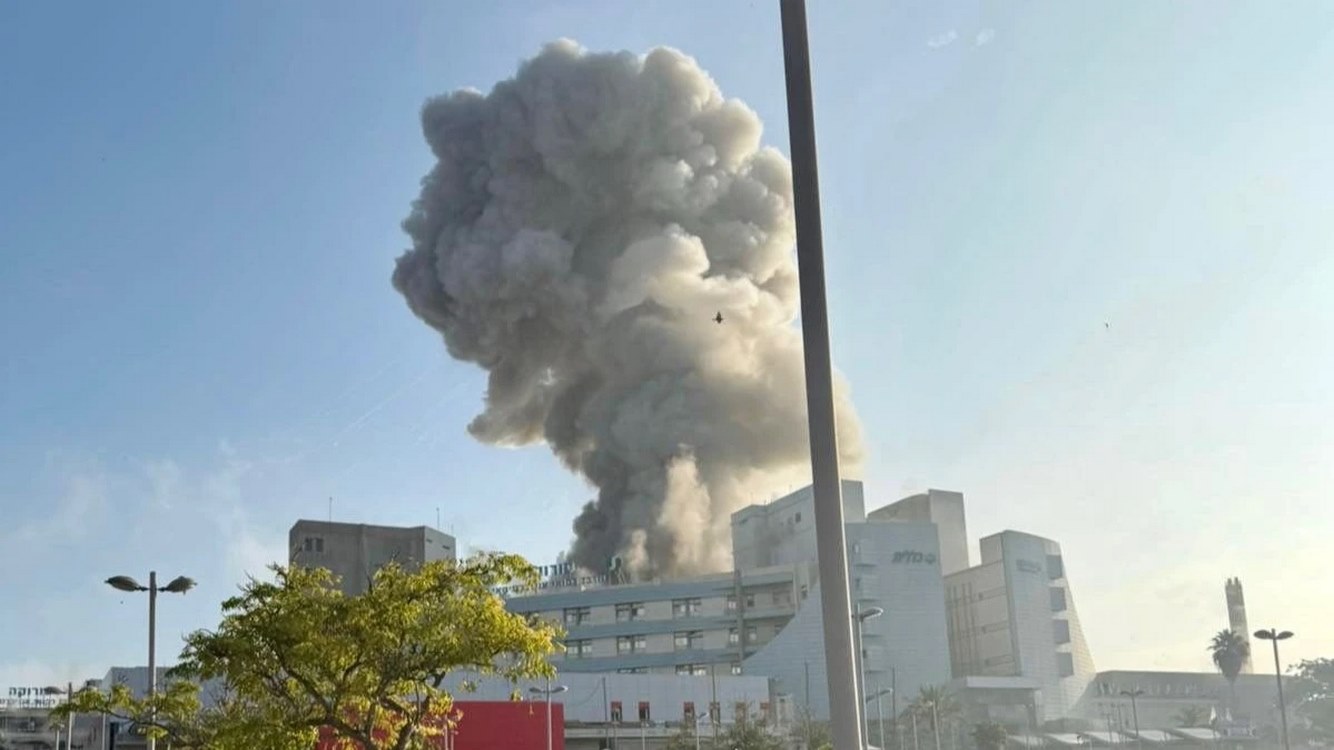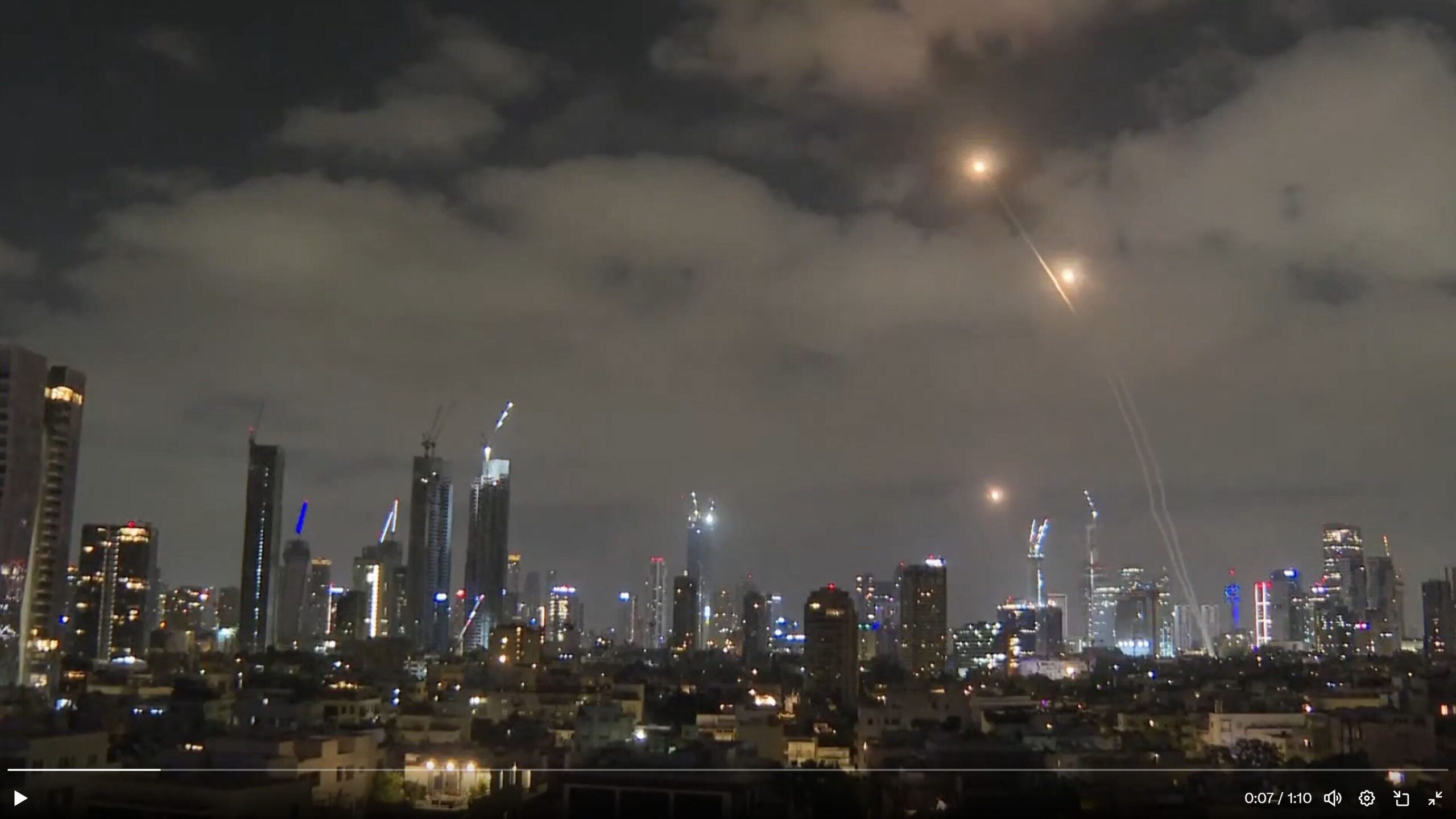PICTURED: Then-Vice President Joe Biden and now-Sec. of State Antony Blinken.
As the outgoing Secretary of State Mike Pompeo ignored international calls to avoid designating the controlling faction in Yemen, the Houthis, as a terrorist organization, the now-incoming Sec. of State Antony Blinken has promised to “immediately” review the designation.
Controlling much of the war-ravaged country, the Houthis were claimed repeatedly during the Trump Administration to be supported by Iran, while the Obama Administration launched the war to “appease the Saudis’” anger over the return of control of Iraq to Shia-aligned political parties.
“At least on its surface, (the designation) seems to achieve nothing particularly practical in advancing the efforts against the Houthis and to bring them back to the negotiating table while making it even more difficult than it already is to provide humanitarian assistance to people who desperately need it,” Blinken told the Senate Foreign Relations Committee.
Blinken noted that the Saudis have “contributed to what is by most accounts the worst humanitarian situation anywhere in the world.”
“… the way the campaign has been conducted has also contributed significantly to that situation. And so our support should end,” he said.
In 2019, a bipartisan effort to end all support to the Saudi Arabian military on account of the genocide in Yemen, led by Congressman Ro Khanna (D – CA) and others, passed the House and Senate before being vetoed by former-President Trump, who described it as “a dangerous attempt to weaken [his] constitutional authorities.”
Since then the war in Yemen has gone on, with the country having already suffered terrible COVID-19 tolls, two cholera outbreaks, and massive societal collapse that has been 16 million people on the brink of famine.
Houthis respond in kind
Amid a host of oppressed Middle-Eastern governments recently denouncing U.S. imperialism, spokesmen for the Houthis announced, following the designation, that they would respond in kind.
“We are ready to take all necessary measures against any hostile act,” the Houthis said in a statement.
The World Food Program and other organizations have warned against the terrorist designation, as it would make it nearly impossible to get food and medical supplies into the country. The blockade of the important port town of Aden in the south prevents ships from entering harbor, while the only other major port of entry, the Sanaa airport, is under control of the Houthis
Stephane Dujarric, spokesman for UN Secretary General Antonio Guterres, immediately stated the U.S. should reverse its decisions.
“Our position on this has not changed,” Dujarric said. “We call on the government to reverse that decision”.
“Our concern from the beginning, that we expressed very clearly, is the impact on the commercial sector,” he said. “The vast majority of food and other basic supplies that comes into Yemen comes in through the commercial sector”.
Sanctions and other economic measures applicable with an international terrorist designation, even if they aren’t applicable for a certain entity, for instance in the case of international aid, are often enough to scare away perspective organizations for fear of losing their assets and businesses in the US and around the world.
One example of this is the Caesar Syrian Civilian Protection Act, which in locking down so much of the Syrian public sector, ended up inevitably causing a collapse in the private sector, particularly through the medium of banks.
The Danish Institute for International Studies published a report on the Caesar act and found the sanctions “come at a significant socioeconomic cost to the Syrian population”.
“Complying and over-complying with the sanctions, international financial institutions have been highly reluctant to service Syrian nationals. This has indiscriminately presented all citizens and private businesses with bank accounts and credit cards with difficulties in performing international transactions, including transfers of remittances from abroad and external trade. As a result, private sector import and export of all types of products has been negatively affected….”
Continue exploring this topic — Over 1 Million Yemeni Archaeological Artifacts Stolen During War by U.S. – Emirati Smuggling Ring
Continue exploring this topic — United Nations Appeals for Removal of Yemen Government From Trump’s Terror Designations



